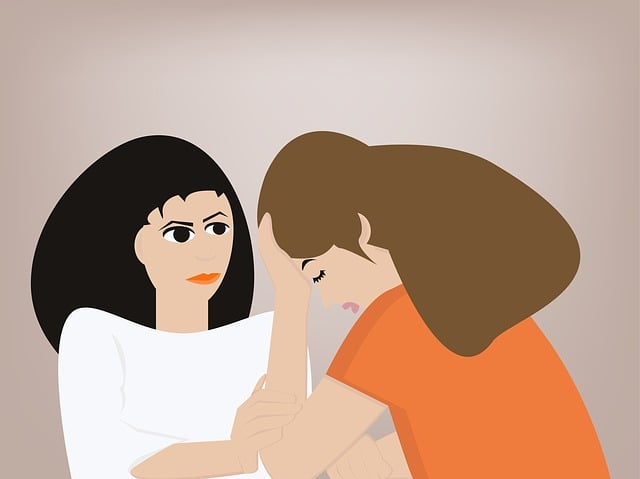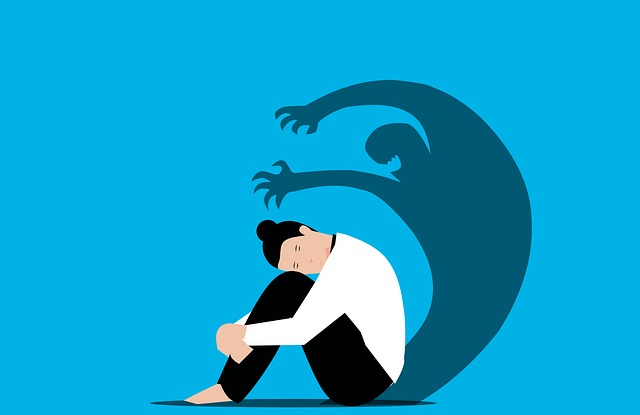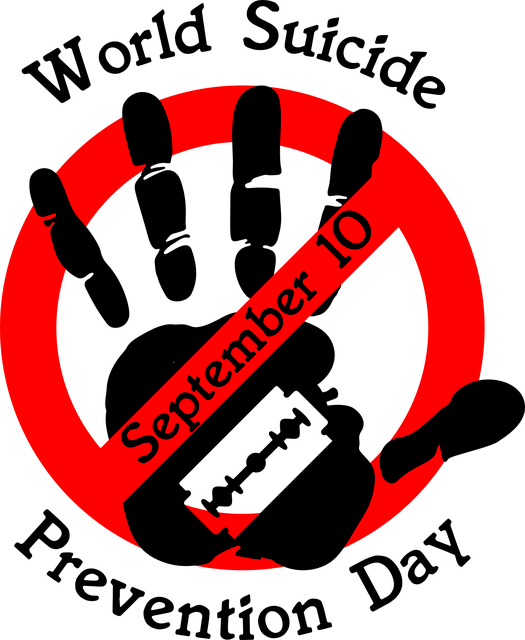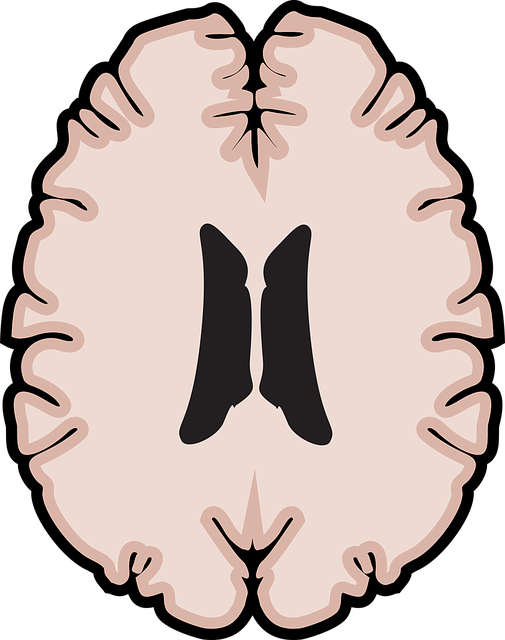Postpartum depression (PPD) in young children is a hidden crisis, with unique symptoms that hinder diagnosis. Early identification is crucial for preventing long-term mental health issues. A comprehensive approach combines tailored therapy, including compassion cultivation and communication strategies, with robust risk management for professionals. The Resilience, Flexibility, and Mastery (RFM) framework equips kids with coping skills, flexibility, and self-esteem through daily exercises integrated into routines. Effective resilience exercises, combined with cultural competency training, self-care practices, and cultural sensitivity by healthcare providers, support young minds dealing with PPD, fostering emotional intelligence, coping mechanisms, and long-term mental wellness.
Postpartum depression in young children is a growing concern, yet often overlooked. This article delves into the vital role of RFM (Resilience, Flexibility, and Mastery) in building resilience among children. We explore how RFM exercises can equip kids with coping mechanisms against mental health challenges, specifically postpartum depression. Through a comprehensive guide, we detail effective therapy and exercise strategies to support young minds, fostering their emotional well-being and overall recovery.
- Understanding Postpartum Depression in Young Children
- The Role of RFM in Resilience Building for Kids
- Implementing Effective Resilience Exercises
- Supporting Young Minds Through Therapy and Exercise
Understanding Postpartum Depression in Young Children

Postpartum depression in young children is a serious yet often overlooked issue. It affects both mothers and their cognitive and emotional development, with symptoms manifesting in various ways. Unlike adult depression, which might present as persistent sadness or loss of interest, young children may exhibit irritability, anxiety, sleep disturbances, and changes in appetite, making diagnosis more complex. Early identification is crucial as it can significantly impact their future mental health and overall well-being.
Therapy for young children with postpartum depression involves tailored approaches, including compassion cultivation practices to foster empathy and self-kindness, along with effective communication strategies. Risk management planning for mental health professionals plays a vital role in ensuring these interventions are delivered safely and competently. By combining evidence-based treatments and compassionate care, professionals can help children navigate their emotional challenges and build resilience.
The Role of RFM in Resilience Building for Kids

Resilience is a vital skill for children to navigate life’s challenges and develop strong mental health. This is where RFM (Resilience, Flexibility, and Mastery) comes into play as an effective framework. By implementing RFM exercises, parents and caregivers can support young ones in building resilience from a tender age. These practices aim to foster coping skills development, enabling children to adapt and bounce back from setbacks.
When integrated into daily routines, RFM techniques offer a natural way to enhance mental wellness for kids. For instance, encouraging flexible thinking through open-ended conversations and problem-solving activities can boost self-esteem improvement. Additionally, teaching children to master new skills provides them with tools to face challenges head-on, reducing the negative impact of postpartum depression on both mother and child, as discussed in our popular mental wellness podcast series production.
Implementing Effective Resilience Exercises

Implementing effective resilience exercises is a crucial step in supporting young children’s mental health, especially those dealing with postpartum depression (PPD). These exercises are designed to empower kids and their families by fostering coping mechanisms that promote adaptability and emotional strength. When tailored to individual needs, resilience-building strategies can be transformative, offering much-needed support during challenging periods.
Healthcare providers play a pivotal role in facilitating these processes through Cultural Competency Training. By integrating Self-Care Practices and demonstrating Cultural Sensitivity in Mental Healthcare Practice, professionals ensure that the exercises are inclusive and accessible. This approach not only enhances the effectiveness of therapy but also creates a safe space for children to express themselves, learn valuable skills, and ultimately build resilience, even when facing adversity like PPD.
Supporting Young Minds Through Therapy and Exercise

Supporting young minds is an essential aspect of fostering resilience, especially when addressing issues like postpartum depression that can impact both mothers and their children. Therapy plays a pivotal role in this process, offering safe spaces for children to express their emotions and develop coping mechanisms. Through tailored exercises, therapists can help young individuals build emotional intelligence and enhance their mental wellness.
Empathy-building strategies are integral to these therapy sessions, allowing children to understand and regulate their feelings effectively. By engaging in activities that encourage self-awareness and perspective taking, they learn to navigate complex emotions healthily. This early intervention can significantly contribute to the long-term resilience of young minds, equipping them with valuable tools to manage stress and emotional challenges as they grow.
Postpartum depression in young children is a pressing issue that can significantly impact their overall well-being. Implementing RFM (Resilience, Flexibility, and Mastery) principles offers a promising approach to building resilience and fostering healthy development. Through effective resilience exercises and supportive therapy, we can empower young minds to navigate challenges and thrive. By integrating these strategies into care plans, we address the root causes of postpartum depression, ensuring a brighter future for children and their families.












